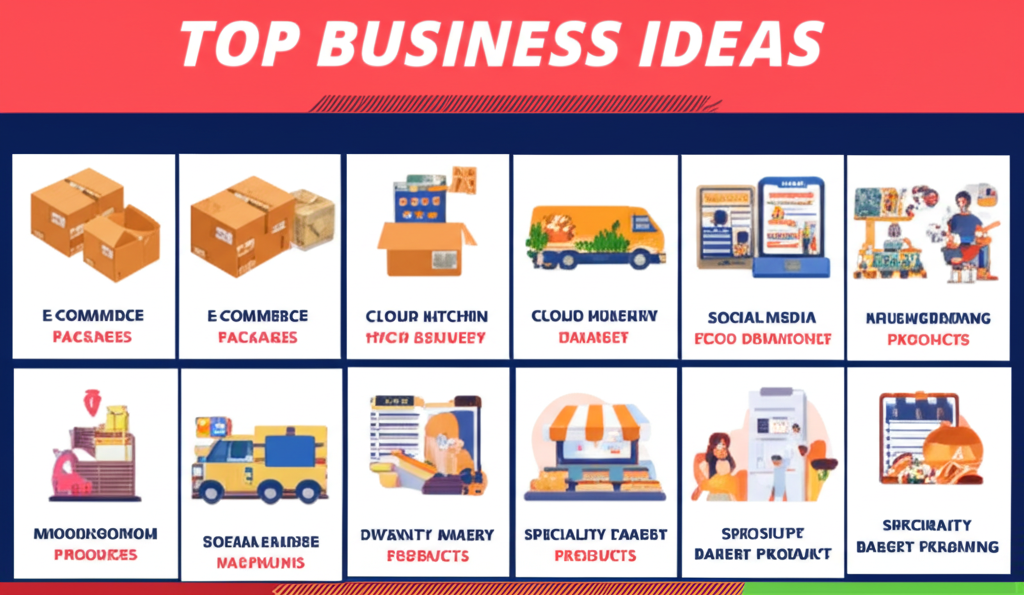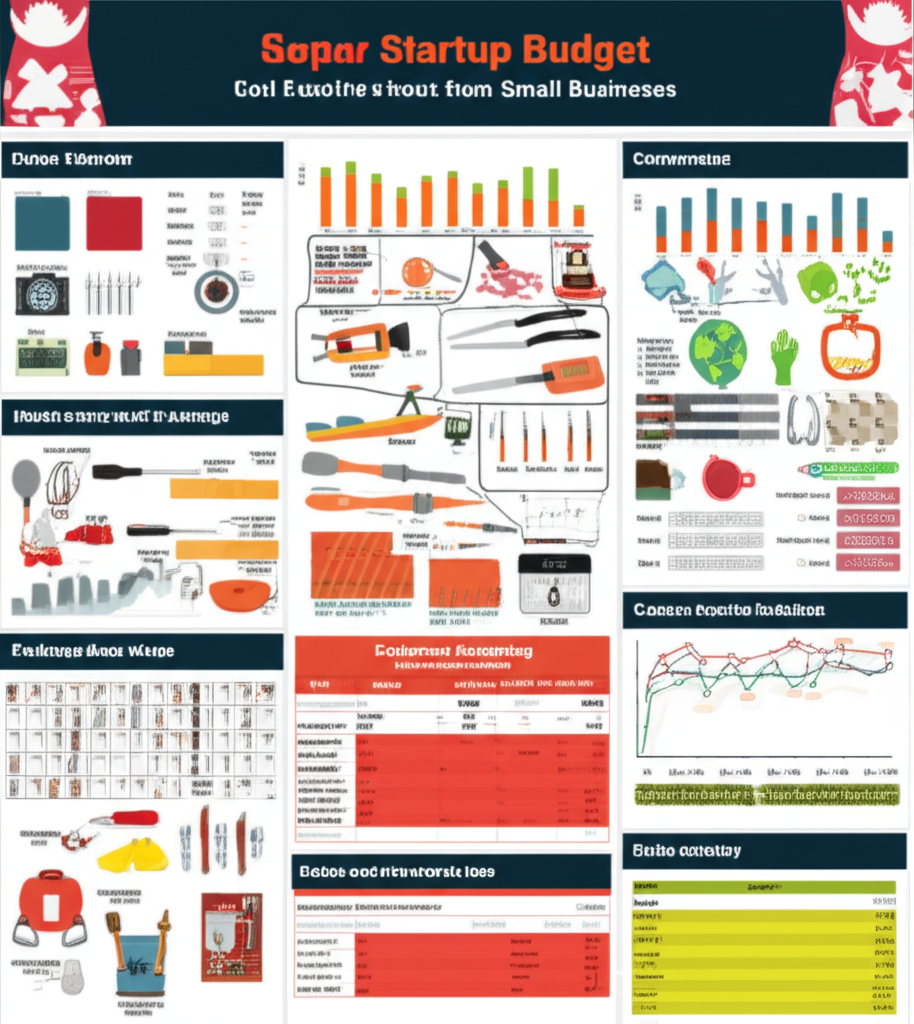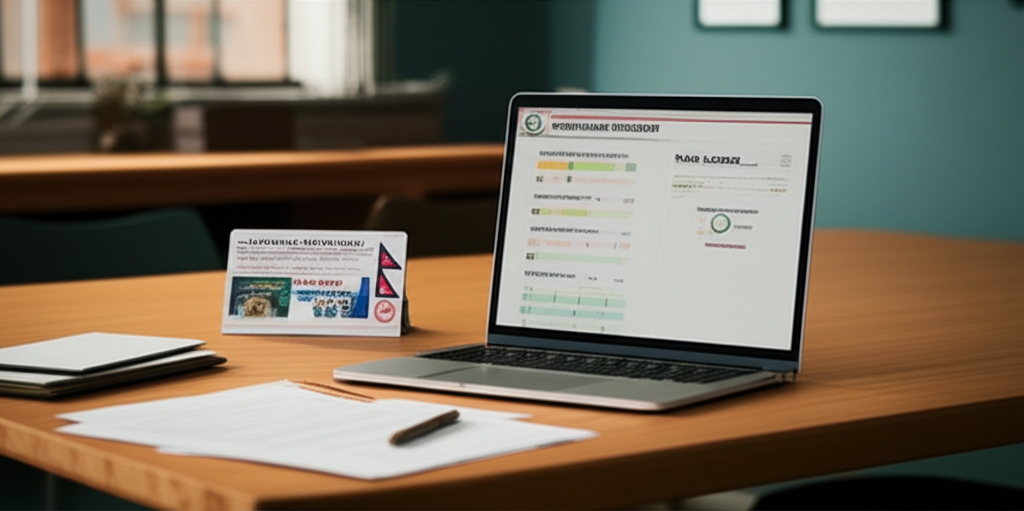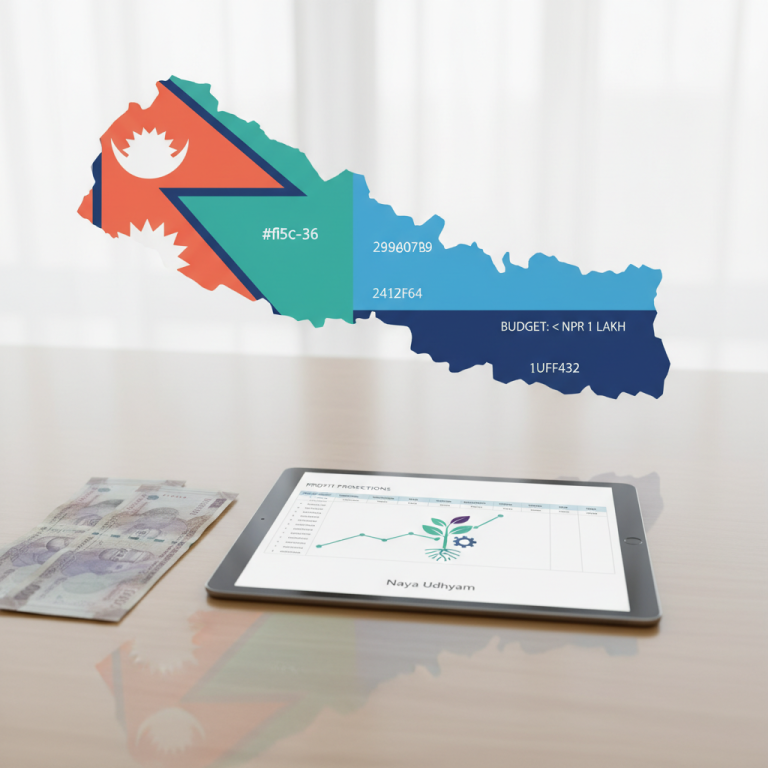Business to Start in Nepal: Profitable Ideas and Steps
Struggling to choose the right business to start in Nepal? You are not alone. Many aspiring founders have a dream, a little savings, and a big question mark. This guide gives you clear, practical options and the exact steps to validate and launch with confidence.
Is Nepal the Right Place for Your Next Business?
Yes, if you align with real demand. Urbanization, growing mobile internet usage, digital wallets, and a strong culture of word of mouth create powerful opportunities. Cash on delivery, TikTok discovery, and local logistics make it easier than ever to sell fast.
Quick Answer: Best Business to Start in Nepal Right Now

- Niche e-commerce store selling category-focused products like baby essentials, trekking gear, or home decor. Offer cash on delivery and eSewa or Khalti.
- Cloud kitchen or tiffin service for offices and students. Focus on hygiene, consistency, and on-time delivery.
- Social media marketing and content studio serving local SMEs that need TikTok Reels, Facebook ads, and basic branding.
- Home bakery or specialty snacks such as millet cookies, sugar-free sweets, or regional delicacies with subscription boxes.
- Mushroom or leafy greens farming with direct sales to restaurants and weekly veggie boxes.
- Mobile phone repair and accessories with doorstep pickup and drop within your city.
- Tutoring and test prep for SEE, +2, and language tests, paired with recorded micro-courses.
- Cleaning and sanitation services for apartments and offices with fixed packages and monthly plans.
- Event and wedding management focusing on budget-friendly packages, decor, and vendor coordination.
- Local homestay or guesthouse management that leverages online booking platforms and strong reviews.
- Fitness or yoga micro-studio with small groups, memberships, and corporate wellness plans.
- Courier and last-mile delivery specializing in same-day service for SMEs and online sellers.
- Herbal and natural skincare brand using Nepali botanicals with simple, compliant labeling.
- Two-wheeler service on-call offering maintenance packages and emergency assistance.
- Tour and trek experiences curated for domestic and niche international travelers, with transparent pricing.
Each idea can be started lean, validated fast, and scaled with smart branding and digital systems.
How to Validate Your Idea in 10 Days

- Define a narrow niche such as moms with toddlers in Kathmandu or budget trekkers in Pokhara.
- Talk to 10 buyers about pains, price, and how they currently solve the problem.
- Create a one-page offer with clear benefits, price, delivery, and FAQs.
- Run a quick test using TikTok, Facebook groups, and WhatsApp broadcasts with Nepali messaging.
- Collect pre-orders or deposits. Aim for your first 5 to 10 paying customers.
- Deliver a minimum viable product, collect feedback, refine, then decide to scale or pivot.
Startup Costs and Typical Margins

Numbers vary by city and scope, but these lean plans are common:
Sample budgets
- Cloud kitchen: NPR 60,000 to 150,000 for utensils, basic equipment, initial ingredients, packaging, and delivery setup. Target 20 to 35 percent margins with batch cooking.
- Niche e-commerce: NPR 40,000 to 120,000 for initial inventory, packaging, simple website, and ads. Target 15 to 30 percent margins on curated products.
- Mobile repair: NPR 80,000 to 180,000 for tools, parts, and a small workstation. Services often deliver 30 to 50 percent margins.
Keep fixed costs low, negotiate supplier terms, and track unit economics from day one.
Legal and Compliance Basics in Nepal

- Choose a structure: Sole proprietorship for simple operations, or Private Limited for scaling and partners.
- PAN registration at the Inland Revenue Office. VAT registration if required by turnover or import activity.
- Local trade license from your municipality or ward. For Private Limited, register with the Office of the Company Registrar.
- Sector permits as needed such as food safety approvals for kitchens and eateries.
- Employment compliance for staff contracts and contributions as applicable.
Consult a licensed professional for up-to-date requirements in your municipality.
Marketing Playbook for Nepal

- Craft a clear offer with a simple promise, transparent pricing, and a no-confusion guarantee.
- Build a lean website that loads fast, showcases reviews, lists payment options, and answers key objections.
- SEO and local discovery: Optimize Google Business Profile, add location pages, and publish helpful how-to content.
- Short-form video: Use TikTok and Reels to demonstrate benefits, behind-the-scenes, and customer proof.
- Payments and logistics: Offer cash on delivery plus eSewa or Khalti. Define delivery zones and same-day windows.
- Retention: Use WhatsApp and SMS for reorder reminders, bundles, and membership offers.
If you want a single partner to set up brand, website, funnels, AI automation, and performance marketing, Prime IT Sewa is a trusted one-stop ally for smart entrepreneurs.
Mistakes to Avoid
- Choosing a broad market instead of a focused niche.
- Overbuying inventory before validation.
- Ignoring cash flow and delivery reliability.
- Skipping licenses that can block growth later.
- Relying only on friends and family feedback.
Who Should Start What?
- If you have limited capital: Tiffin service, content studio, cleaning services, tutoring, micro-agri.
- If you are skilled in tech or media: Social media agency, e-commerce, mobile repair, web services.
- If you enjoy hospitality: Homestay management, tours, events, specialty bakery.
FAQs
What is the easiest business to start in Nepal with low investment?
Service businesses like tiffin, cleaning, tutoring, and content creation are quick to start, have low fixed costs, and can be validated within weeks.
How much money do I need to start a small e-commerce business?
Plan NPR 40,000 to 120,000 to cover initial stock, packaging, a basic website, and ads. Start small, reinvest profits, and add SKUs gradually.
Do I need VAT to start?
Not always. You need PAN for sure. VAT depends on your turnover, import needs, and customer requirements. Consult your tax office or advisor.
Which city is best for a new business?
Kathmandu and Pokhara offer high demand and logistics options. Bharatpur, Butwal, Dharan, and Biratnagar are growing fast with lower operating costs.
Conclusion
The best business to start in Nepal is the one you can validate quickly, deliver consistently, and scale profitably. Start small, learn fast, and build systems from day one. When you are ready to turn your idea into a high-performing brand with modern systems, Prime IT Sewa can help you set up, automate, market, and scale smart.











